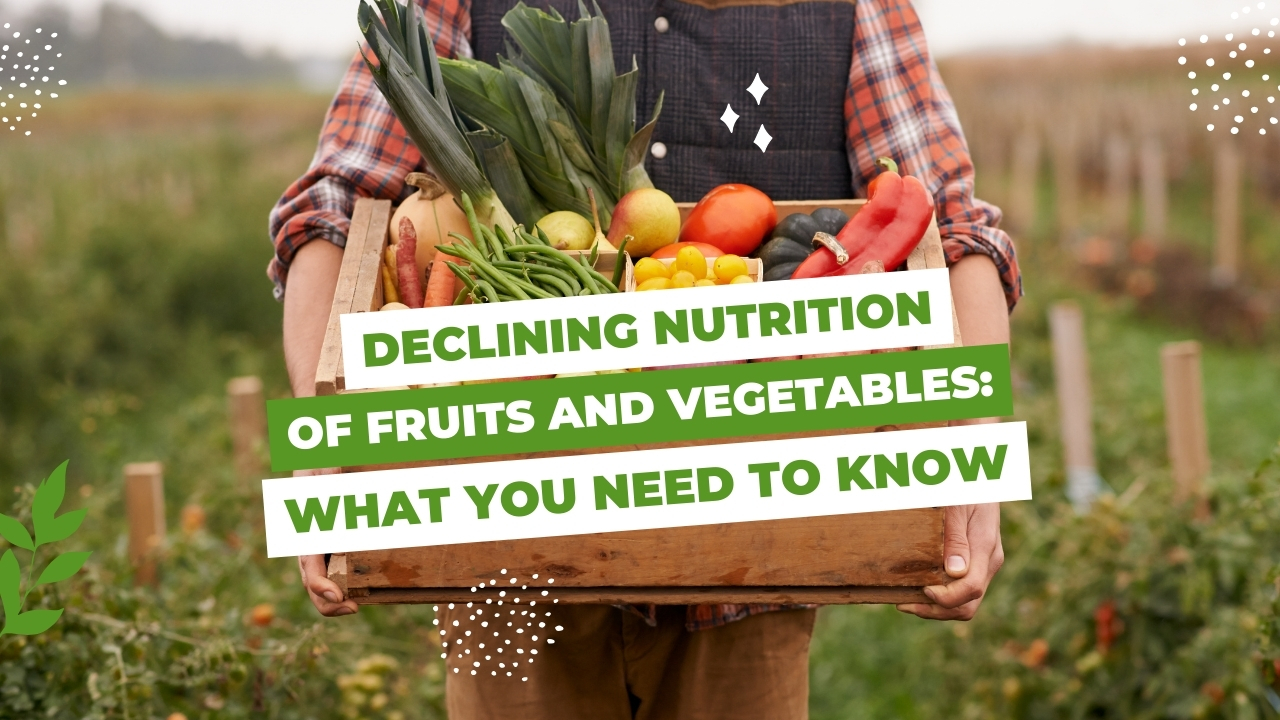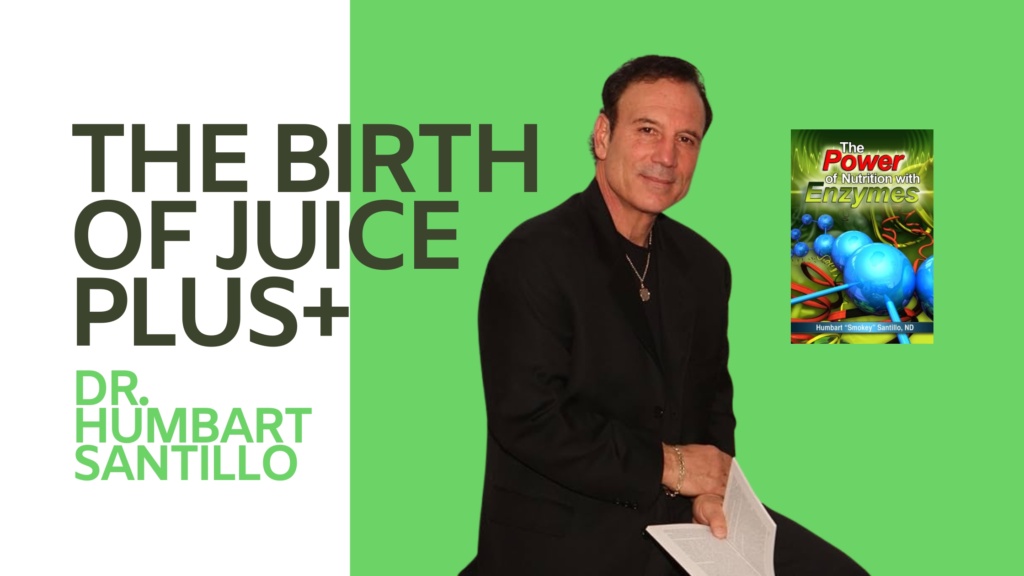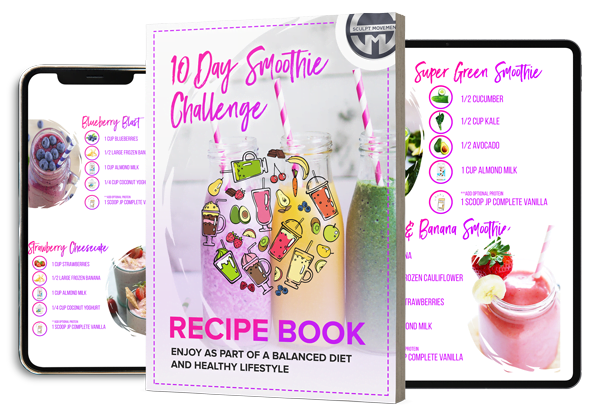In recent years, there’s been increasing awareness about the declining nutrition of fruits and vegetables. Despite growing public interest in healthier eating habits, the very produce we rely on for essential nutrients is not as nutrient-dense as it once was. Government analysis and scientific research indicate significant reductions in the levels of various important minerals in our fruits and vegetables over the past few decades.
Government Analysis Indicates Declining Nutrition of Fruits and Vegetables
The average American diet is often criticized for its high calorie and unhealthy fat content. However, even when individuals attempt to make healthier choices by incorporating more fruits and vegetables into their diets, they may not be getting the nutritional benefits they expect. Research has shown that the nutritional content of many common fruits and vegetables has diminished significantly over the past 40 to 50 years.
The University of Texas Study on Declining Nutrition of Fruits and Vegetables
Research Design and Methodology
In 2004, a team of researchers from the University of Texas, led by biochemist Donald Davis, Ph.D., conducted an analysis of a U.S. Department of Agriculture report on 43 common garden fruits and vegetables. Their findings were alarming: nearly half of the substances containing essential minerals showed a decline in nutritional value.
Dr. Davis stated, “Considered as a group, we found that six out of 13 nutrients showed apparently reliable declines between 1950 and 1999.” These nutrients included protein, calcium, phosphorus, iron, riboflavin, and ascorbic acid, with declines ranging from 6 percent for protein to 38 percent for riboflavin.
Specific Produce Identified as Losing Nutritional Value
The Genetic Dilution Effect and Declining Nutrition of Fruits and Vegetables
The primary reason for this decline appears to be the “genetic dilution effect,” a phenomenon where the nutritional value of produce is diluted through the faster-growing methods used by major agro-farm companies to meet consumer demand. High-yield crops, designed to produce more food per acre, often sacrifice nutrient density.
Dr. Davis continued studying this effect and found specific examples of significant nutrient losses. For instance, the calcium content in broccoli, which averaged 12.9 milligrams per gram of dry weight in 1950, had dropped to only 4.4 mg/g dry weight by 2003. Similarly, protein concentrations in wheat and barley crops declined by 30 to 50 percent between 1938 and 1990.
Tips to Preserve the Nutrients in Your Produce
Cooked vs. Raw
High heat and water can destroy up to 30 percent of nutrients in raw fruits and vegetables. To minimise nutrient loss, consider sautéing, steaming, or even microwaving your produce. In some cases, cooking can actually increase the potency of nutrients by breaking down the cell walls of the plant, making antioxidants more available. This is particularly true for carrots, spinach, and tomatoes.
Fresh vs. Frozen
While fresh fruits and vegetables from the garden are ideal, by the time produce reaches your local grocery store, it has often been exposed to air, heat, and light, which can diminish its nutritional value. Frozen produce, typically flash-frozen shortly after picking, can be just as nutritious and can last for about a year. On the other hand, canned produce is the least favorable option, as the high temperatures used in processing can destroy much of its vitamin content, and the nutrients can leach into the canning liquid. Additionally, canned fruit packed in high-calorie syrup should be avoided.
Conclusion: Adapting to Declining Nutrition of Fruits and Vegetables
The decline in the nutritional value of fruits and vegetables is a concerning trend, but awareness and informed choices can help mitigate its impact. By selecting the right cooking methods and considering alternatives like frozen produce, you can maximize the nutritional benefits of your diet. It’s crucial to stay informed and proactive about your nutritional choices to ensure you and your family receive the essential vitamins and minerals needed for optimal health.
For more information on how to maintain a nutrient-rich diet, visit our Nutrition Resource Center.




